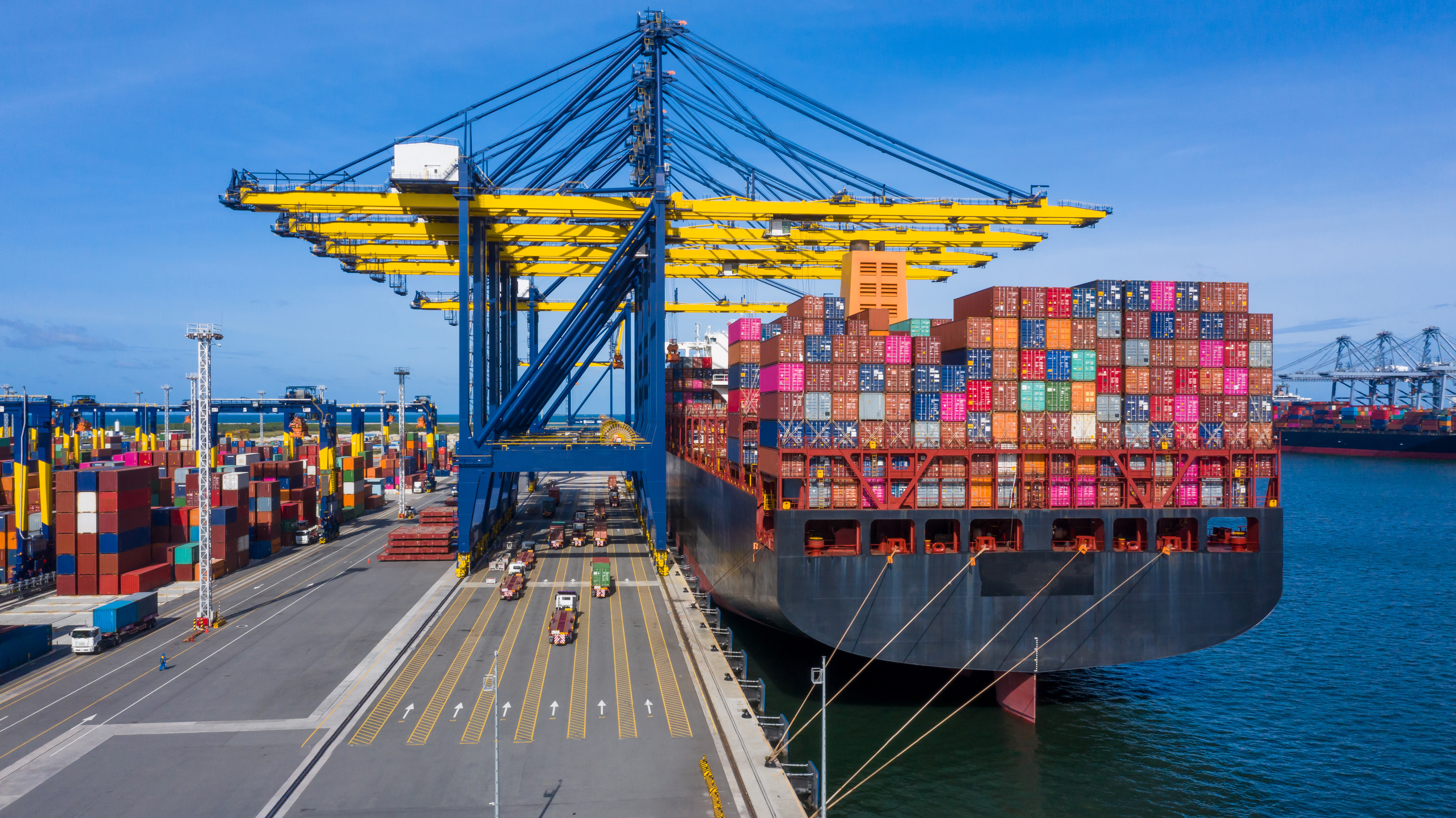
UKP&IクラブのSophia Grantは、NeuroDiverseAtSeaという慈善団体のDaniel Smith氏と海上勤務における神経多様性について、その意味や利点と課題、そして神経多様性のある乗組員を支援するための改善策について対談をしました。
Neurodiversity
UK P&I Club Crew Health Director, Sophia Grant, took time out to speak with NeuroDiverseAtSea’s Daniel Smith to learn more about Neurodiversity in the maritime workplace.
Neurodiversity has burst – seemingly from nowhere - onto the scene within the last few years causing a great deal of alarm amongst human resource professionals in the process – and by proxy their employers. It isn’t something to fear, or be concerned about, however. It’s an entirely natural fact of life that brings distinct and pronounced benefits when correctly enabled.
But first, what exactly do we mean by “neurodiversity”?
Whilst there’s a lot of politics, cultural differences, societal influence and an almost-limitless number of misunderstandings that can go into the answer to that question, when all of that is stripped away it is the “natural variation in our brains”. Unfortunately, we need to reintroduce everything that we’ve just stripped away back into the equation to get a more practical answer.
In practical terms Neurodiversity is split into two terms. Neurotypical, which means “those who interpret and interact with the world in the way society expects” and Neurodivergent, which means “those who don’t interpret and interact with the world how society expects”. Or in other words, have diverged from the norm. Autistics, Dyspraxias, Dyslexics, Dyscalculics and ADHDers are all included in this category.
The benefits
Neurodivergent individuals have one key difference from everyone else – They, by the very definition of the word, are hard wired to think differently. This means that they’re able to think “outside of the box” and look at problems from a different angle, which means different solutions… Which are often cheaper to implement and more effective.
The benefits of “thinking differently” don’t end there, however…
Across the neurodivergent spectrum, individuals tend to exhibit resilience, a strong voice, and increased loyalty to their employers.
Autistic individuals are often able to focus on tasks for extended periods of time, with high attention to detail and highly detailed knowledge about their area of expertise – Not to mention the ability to work alone or independently without the need for supervision.
ADHDers tend to be creative, adept multi-taskers that thrive in environments which are constantly changing or highly stressful, to say nothing of being socially intelligent and possessing excellent communication skills.
Dyslexics, Dyspraxics, Dyscalculics and Dysgraphics (commonly referred to as “Specific learning differences” or “SpLDs”) can be innovate and creative, able to think and work in a 3D space, not afraid to get “hands on” to solve problems and implement solutions, with an ability to think logically and analytically.
The challenges
Whilst neurodivergence can, and does, bring unique and invaluable benefits, it also brings challenges. Dyslexia can make reading a large block of text a time-consuming task. Letters can sometimes appear “swapped” for example, and sensory processing differences are common amongst most neurodivergent individuals. However, with a few simple changes these challenges can be easily overcome.
Take the dyslexic example we’ve just outlined. This can be easily overcome with the use of a inexpensive coloured overlay or using a dyslexic friendly font.
The challenges posed by sensory processing differences are significantly lessened by allowing the use of a weighted blanket or building ships with air conditioning (and making sure it’s well maintained and in good working order).
ADHDers and Autistics may benefit from being given advance notice of vessel allocation, being assigned to the same vessel/vessels instead of moved around the fleet, and given information about the vessel and its route/operation before they join to help reduce anxiety.
None of these solutions are expensive and will have a tremendous impact on the individual – Ensuring not only their top performance but their loyalty for years to come.
Solutions shouldn’t just focus on the individual however, there’s many things you can do that will have a positive impact on the entire company, for example:
Possible improvements to assist Neuro Divergent crew.
Review DEI policies and messaging.
DEI policies to cover all aspects of diversity, including neurodivergence. They should outline organisations commitment to diversity, equity and inclusion, and give a brief list of what the organisation is doing to foster an inclusive environment. Internal guidance covering reasonable adjustments can also help.
Likewise, messaging to make it clear to employees that employers are working to create an inclusive and supportive workplace that recognises strengths and differences. Advertise how employees can ask for assistance and reasonable adjustments.
Leadership
Compassion is key.
Sometimes called “kind leadership”, leading with compassion and kindness – and demanding the same from all seafaring crew – will help foster an inclusive, loyal and dedicated workforce. Remember, people leave bad bosses, not bad companies.
It’s important to remember though that not every neurodivergent person possess the same abilities. They are all individuals with their own unique strengths and challenges, that can sometimes vary from day to day depending on the environment and the situation.
Remember also a team is made up of different people, and when each person is given the job that best suits their strengths, the team is stronger as a result.
Resources:
NeuroDiverseAtSea is a registered charity in England, No 1208735.





